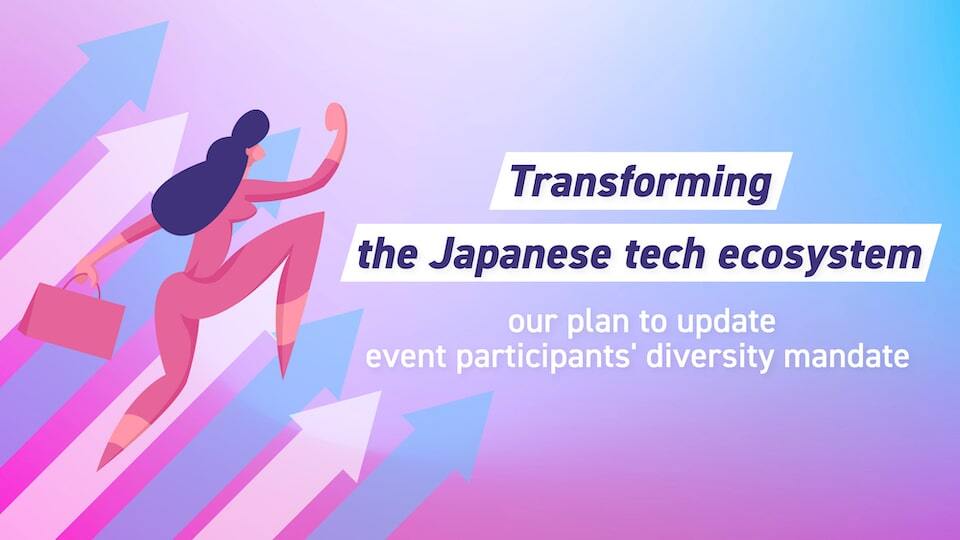
Encouraging diversity and inclusion in all aspects of our fund is something we’ve embraced since our founding. While ensuring DEI in our hiring practices and investment approach are key priorities for us, there are also other areas where this topic is of utmost importance for our team. In particular, supporting efforts that enable stronger diversity across the tech sector. We have accomplished this in many ways, including hosting DEI-focused events and contributing thought leadership on the topic via blogs and interviews. An additional area of focus for us has been our participation, both as speakers and attendees, at non-MPower organized startup events. Because we fundamentally believe that you can’t change what you can’t measure, we decided not to participate as speakers or attendees at events that don’t reach a diverse speaker threshold of 10%. As we want to support organizers that are interested in improving on this measure, we offer to support them by providing access to women or others in our network who would be strong speaker candidates.
Nevertheless, our initial aspiration extended beyond the 10% mark. We believe that assessing ESG commitments should involve continuous evaluation and continual enhancement to remain pertinent and adequately ambitious. Consequently, commencing January 2024, we have opted to elevate our minimum threshold to 20%, with a commitment this further in the coming years. Encouragingly, we are not alone in this endeavor. The Japanese Venture Capital Association (JVCA) has set a minimum female speaker participation rate policy of 20% for events they organize.
In the past decade, the issue of speaker diversity at startup conferences has emerged as a key issue. Internationally, efforts were launched to encourage event organizers to set speaker diversity targets. Organizations emerged to support organizers in their search for both female speakers and those from other underrepresented groups in tech. There is evidence that this has improved from the early 00s in places like the US where women speakers’ participation is now in line with their representation in tech (27% to 24%, respectively) . While women’s participation is growing in the industry still has much room for improvement, this progress is encouraging. In addition, many event organizers strive to ensure representation at their events by actively reaching out to women’s and other diversity-focused organizations and, of course, to a diverse range of potential speakers themselves.
Japan’s startup events tend to lag on this measure. However, there have been important success stories. The most notable is IVS, perhaps Japan’s largest and most international startup event. IVS’s co-founder, Akio Tanaka has strongly committed to enhancing gender and other forms of diversity at his annual, leading startup event in Kyoto. And it’s clear that the IVS team’s efforts are bearing fruit. Ten years ago IVS had no women speakers at all. Now with their most recent edition, they are quickly approaching 20% diverse speakers. In addition they set up daycare facilities at the event and also established a No Harassment policy, with a “SOS form” made available for participants to flag any incidents of harassment if they should arise. Akio Tanaka has also been vocal and enthusiastic supporter of Women in Tech’s Japan branch, which was launched during this year’s IVS.
One could ask of course, why does this matter? Firstly, women play a central role in the tech landscape, contributing in growing numbers in both tech development and leadership roles. It’s important they have set at the table. Next, representation matters. Startup and other tech events shape both how we in the tech community view ourselves as well as how those outside the industry view us. These events are one of the most visible windows into our community for both the media and broader public. It’s important that the image projected to the world represents the growing diversity of experiences, ideas, and backgrounds in the broader tech community.
We’re encouraged that the tech ecosystem globally and in Japan is evolving on this and other DEI topics that are core to the health of our growing ecosystem. We continue to contribute to this effort and are excited to continue to participate in innovative and inclusive events in Japan and internationally.
Related article: Launching our inaugural Sustainability Report for 2022